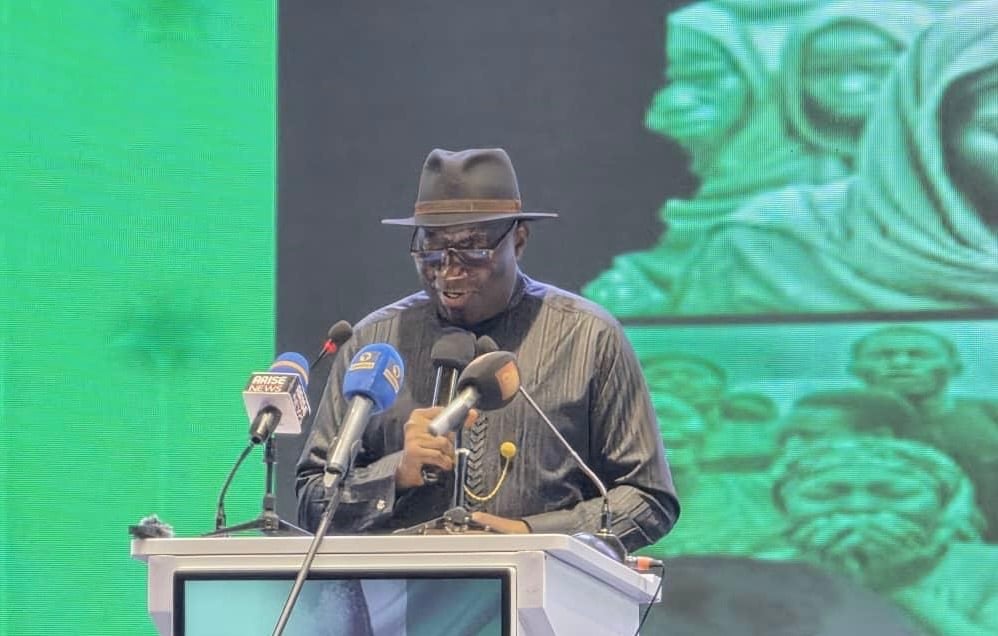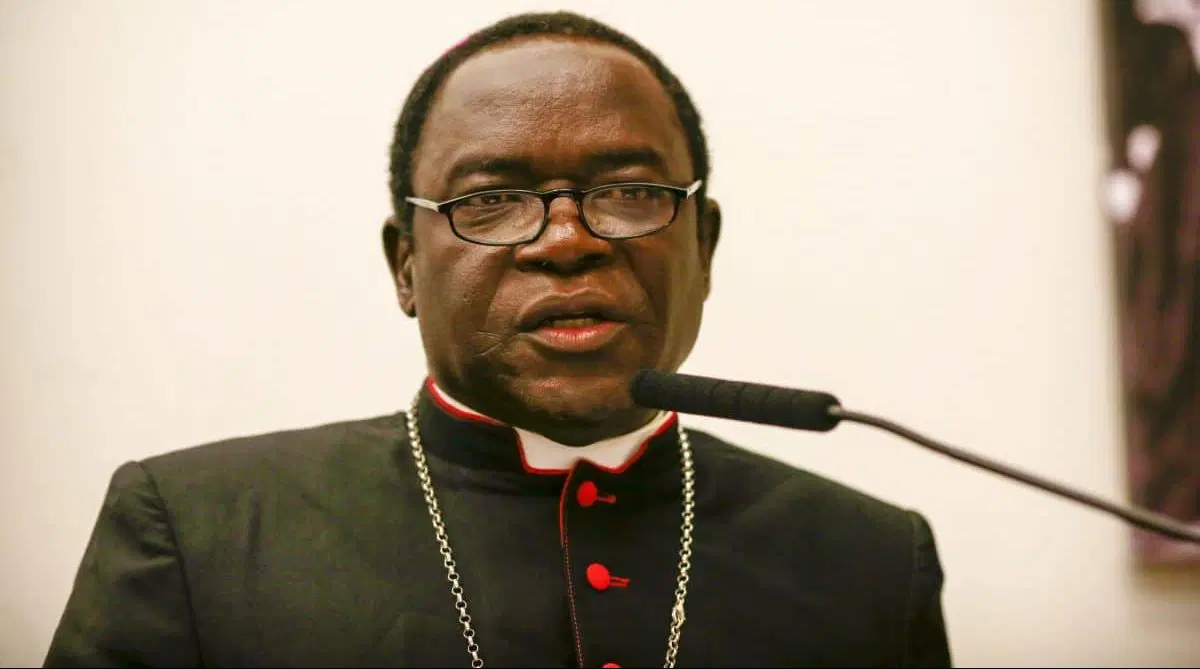Nigeria has secured stronger funding commitments from the African Development Bank (AfDB) to drive the second phase of the Special Agro-Industrial Processing Zones (SAPZ) project.
The new phase will expand SAPZ operations from the initial eight states and the FCT to 24 additional states, focusing on climate-resilient infrastructure, agro-industrial growth, and value-added agricultural exports.
Vice President Kashim Shettima made the request on Friday in New York during a bilateral meeting with AfDB President Dr. Sidi Ould Tah at the sidelines of the 80th United Nations General Assembly (UNGA80).
Shettima noted that Nigeria, as AfDB’s largest shareholder with a portfolio of over $10 billion, deserves continued support. He thanked the bank for its earlier $300 million assistance and urged for more funding to diversify Nigeria’s economy from oil to agriculture.
> “From the mangrove swamps in the South to the Sahel in the far North, Nigeria has vast potential for agricultural growth. Our youth population is eager, resourceful, and ready to drive this transformation,” Shettima said.
He also appealed to AfDB to extend support beyond MSMEs to innovation-driven enterprises, stressing that Nigeria leads Africa’s digital economy with five of the continent’s eight unicorns.
Ministers Seek More AfDB Support
Minister of Environment, Balarabe Lawal, called for AfDB’s backing of the Great Green Wall Project to fight desertification and promote clean cooking initiatives.
Minister of Housing, Ahmed Dangiwa, asked for financial support to bridge Nigeria’s housing deficit.
In response, AfDB President Tah assured that the bank will act as a catalyst for capital mobilisation, not just as a lender, with a roadmap to industrialise Africa, create jobs, and strengthen infrastructure.
Strengthening Africa-Caribbean Ties
Vice President Shettima also met with the Prime Minister of St. Kitts and Nevis, Dr. Terrance Drew, where both leaders agreed to boost economic and cultural cooperation.
Shettima stressed that Nigeria shares strong ties with the Caribbean due to shared African heritage, the Commonwealth, and cultural bonds. He reaffirmed President Tinubu’s commitment to deepen Africa-Caribbean relations.
Prime Minister Drew welcomed Nigeria’s renewed interest and called for stronger trade and people-to-people contact between Africa and the Caribbean.




